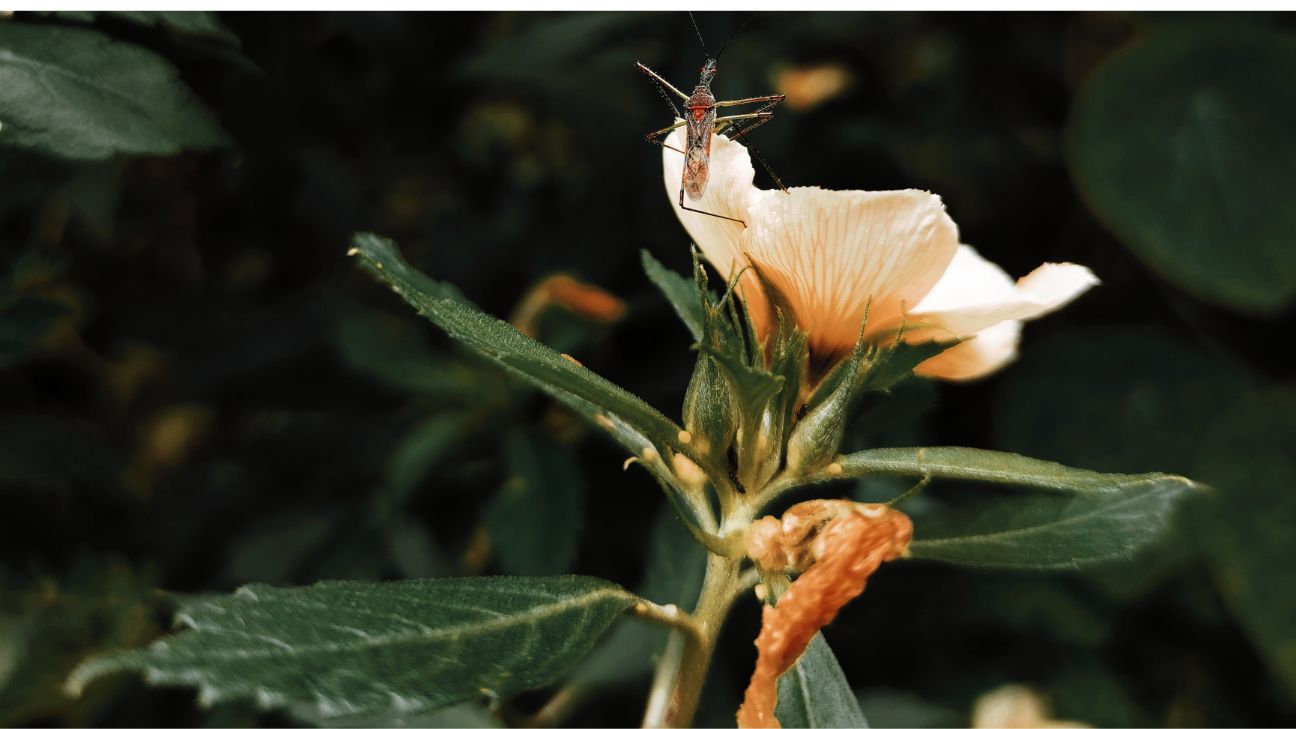Build a Garden of Herbs and Flowers to Reduce Indoor Mosquitoes & Other Insects
Special Features of Flowers & Herbs
Plants that can repel mosquitoes and other bugs are a great natural alternative to chemical insecticides. Not only do they help keep bugs away, but they can also add a pleasant fragrance and visual appeal to your garden or home. Here are some of the most effective plants that can repel bugs naturally.
Plants That Can Repel Mosquitoes & Other Bugs
Lavender
Lavender is not only beautiful and fragrant, but it can also help keep mosquitoes, moths, and fleas at bay. The scent of lavender is known to be calming, which can help keep mosquitoes from getting agitated and more likely to bite. Lavender plants can be grown indoors or outdoors and are easy to care for.
Repels: mosquitoes, moths, and fleas
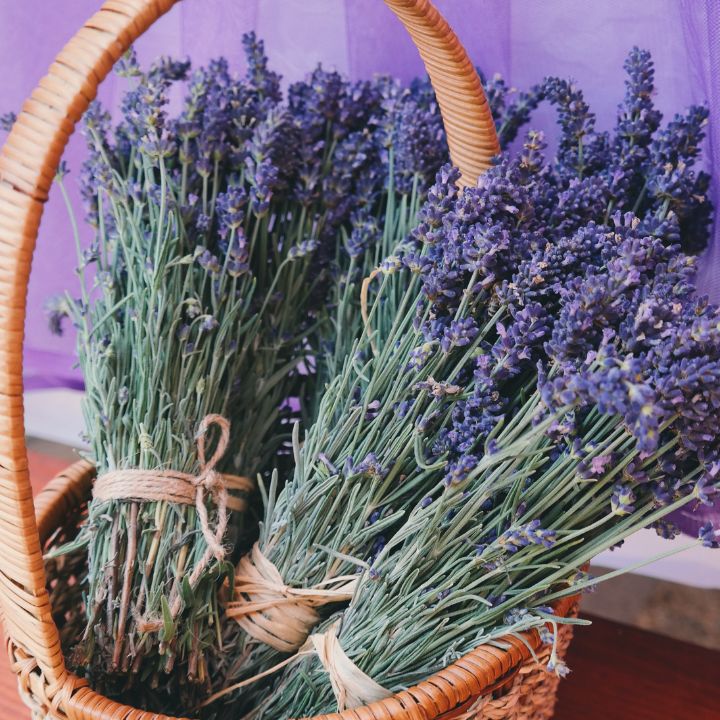
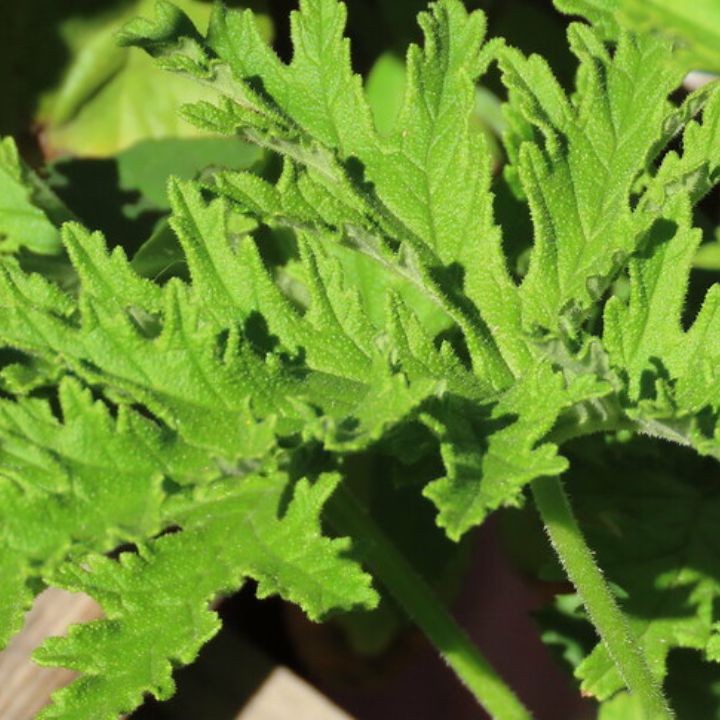
Citronella
Citronella is perhaps the best-known plant for repelling mosquitoes. Its strong lemony scent masks the odors that mosquitoes are attracted to, making it harder for them to find you. Citronella is commonly found in candles and sprays, but planting citronella plants around your garden or patio can also help keep mosquitoes away.
Repels: mosquitoes
Marigolds
Marigolds are a popular garden flower that can help repel mosquitoes and other insects. They contain a chemical called pyrethrum, which is a natural insecticide. Pyrethrum is often used in commercial insecticides, but marigolds can provide the same benefits without the harmful chemicals.
Repels: mosquitoes and other insects
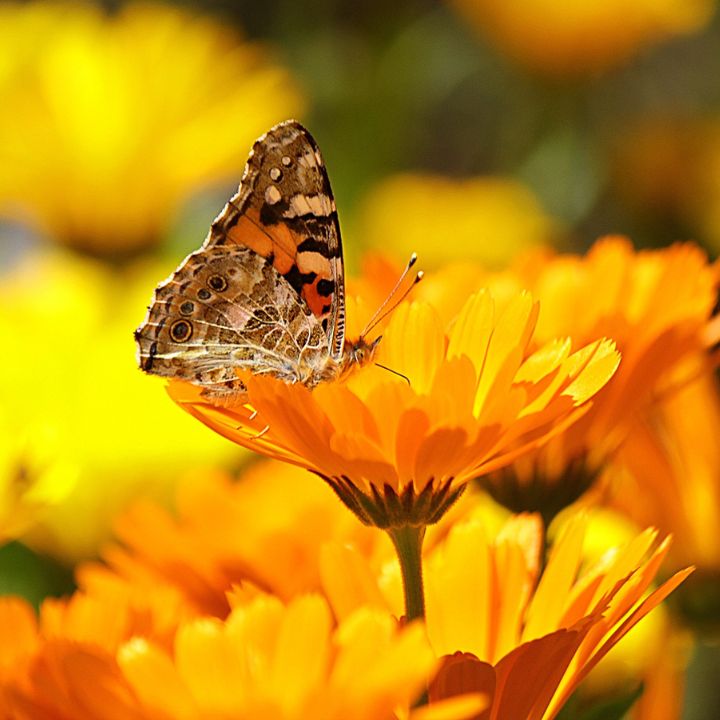

Basil
Basil is a great herb to have in your kitchen, but it can also help keep mosquitoes and houseflies away. The oils in basil are toxic to mosquitoes, which makes it an effective repellent. Basil can be grown in pots or in your garden, and it can be used in a variety of dishes.
Repels: mosquitoes and houseflies
Lemongrass
Lemongrass is a tropical grass that is commonly used in Thai cuisine. Its strong lemony scent can also repel mosquitoes and ticks. Lemongrass can be grown indoors or outdoors and is easy to care for. You can use the leaves to make tea or to flavor your food.
Repels: mosquitoes and ticks


Catnip
Catnip is a member of the mint family and is known for its ability to attract cats. However, it can also repel mosquitoes, flies, and cockroaches. Catnip contains a chemical called nepetalactone, which is ten times more effective at repelling mosquitoes than DEET, the active ingredient in most commercial insect repellents.
Repels: mosquitoes, flies, and cockroaches
Peppermint
Peppermint is another member of the mint family that can help repel mosquitoes, ants, and spiders. The strong scent of peppermint masks the odors that attract bugs, making it harder for them to find you. Peppermint can be grown in pots or in your garden, and it can be used to flavor tea or to make homemade insect repellent.
Repels: mosquitoes, ants, and spiders

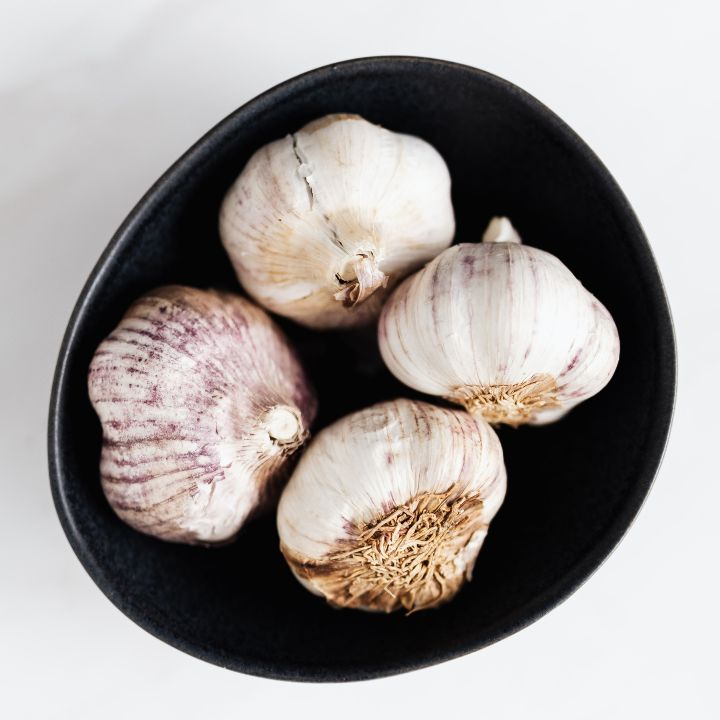
Garlic
Garlic is known for its pungent odor, but that odor can also help repel mosquitoes, ticks, and fleas. The sulfur compounds in garlic are toxic to insects, making it an effective repellent. You can plant garlic around your garden or patio or use garlic essential oil to make your own insect repellent.
Repels: mosquitoes, ticks, and fleas
Chrysanthemums
Chrysanthemums are beautiful flowers that can also help repel insects. They contain a chemical called pyrethrin, which is a natural insecticide. Pyrethrin is often used in commercial insecticides, but chrysanthemums can provide the same benefits without the harmful chemicals. Chrysanthemums are easy to grow and come in a variety of colors.
Repels: mosquitoes, roaches, beetles, and ticks

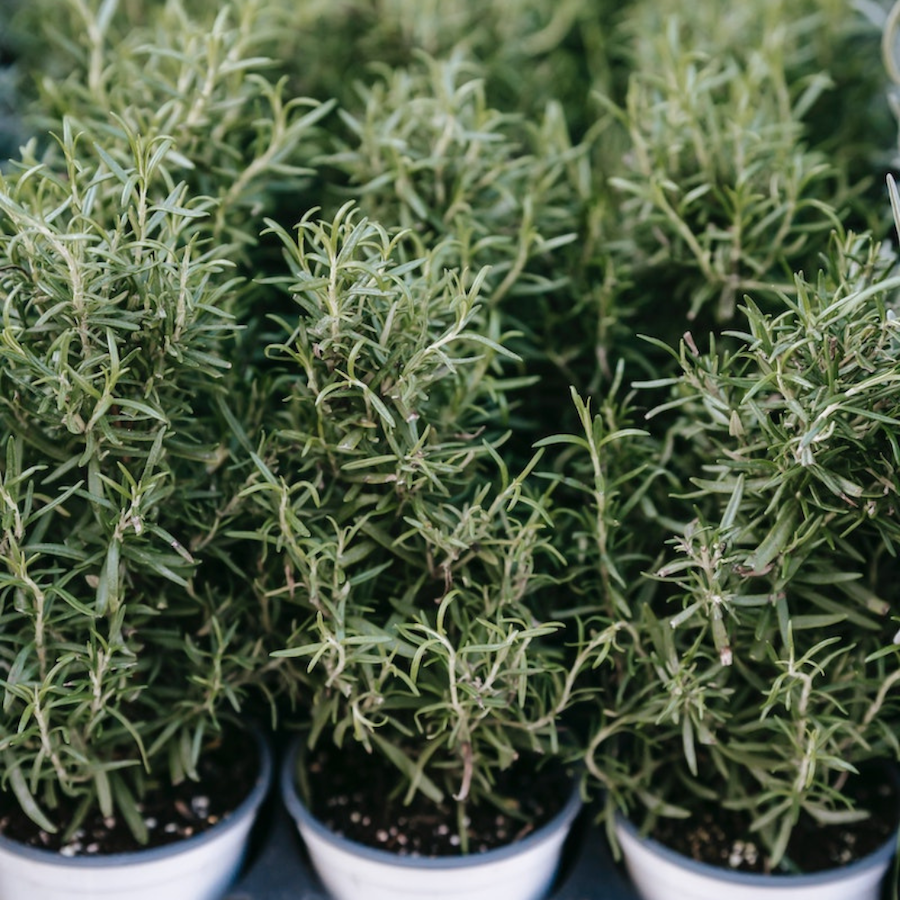
Rosemary
Rosemary is a popular herb that can help repel mosquitoes, flies, and moths. The strong scent of rosemary can mask the odors that attract bugs, making it harder for them to find you.
Repels: mosquitoes, flies, and moths
Sage
Sage is an herb that is commonly used in cooking, but it can also help repel mosquitoes, ticks, and some species of flies. The oils in sage contain compounds called terpenoids, which are toxic to insects. You can crush the leaves of the sage plant and rub them on your skin to help repel insects, or you can burn sage leaves as a natural mosquito repellent.
Repels: mosquitoes, ticks, and some species of flies
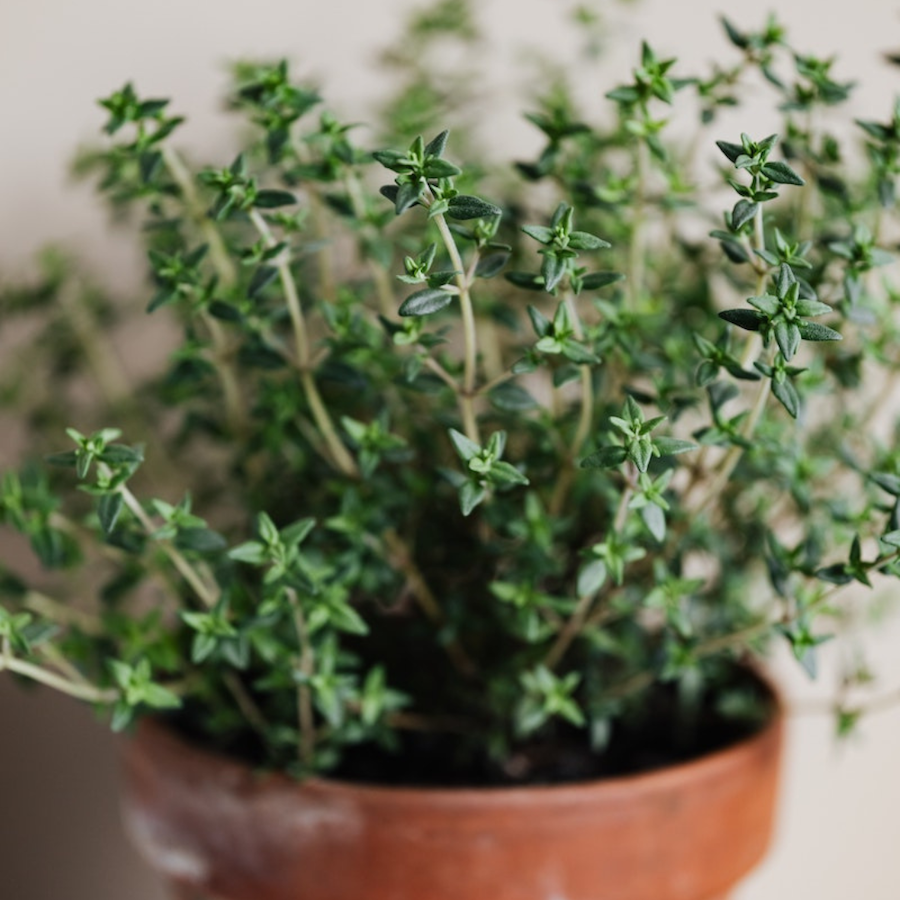
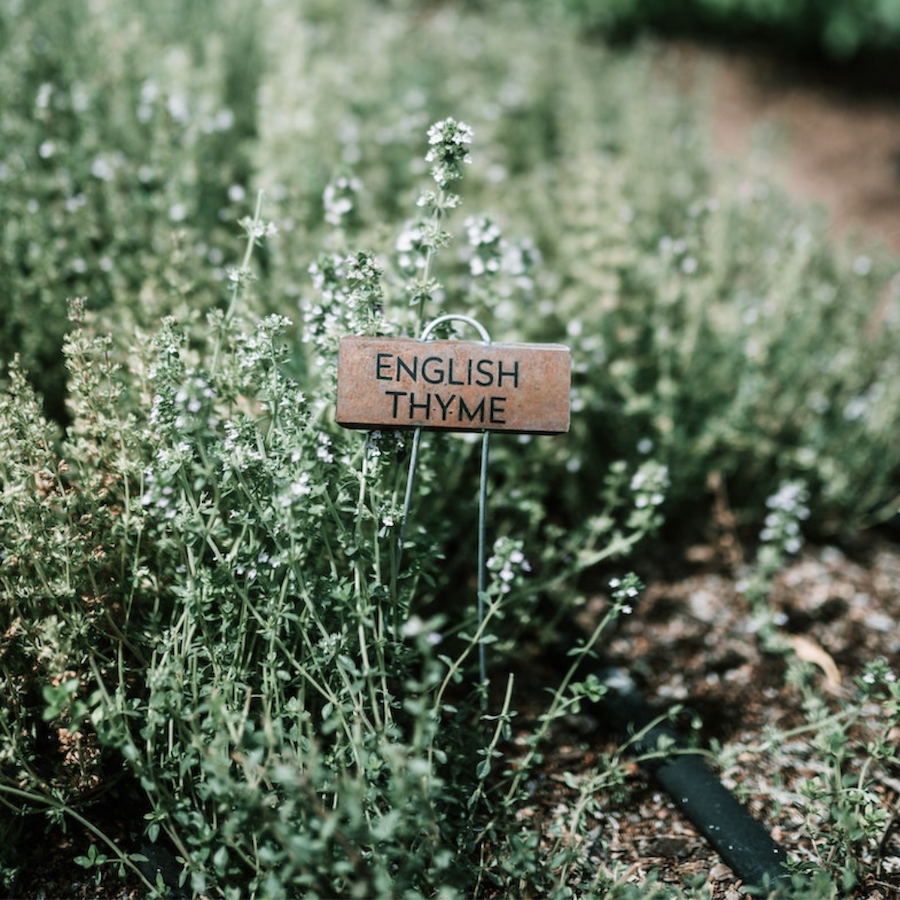
Thyme
Thyme is another herb that can help repel insects. The oils in thyme contain thymol, which is a natural insecticide. Thyme can be grown in pots or in your garden and is easy to care for. You can use thyme leaves to flavor your food, or you can crush the leaves and rub them on your skin to help repel insects.
Repels: mosquitoes, ticks, and fleas
Nasturtiums
Nasturtiums are beautiful flowers that can also help repel insects. They contain a chemical called benzyl isothiocyanate, which is toxic to aphids, squash bugs, and whiteflies. Nasturtiums can be grown in pots or in your garden and come in a variety of colors. You can also eat the leaves and flowers of nasturtiums, which have a peppery flavor and are high in vitamin C.
Repels: aphids, squash bugs, and whiteflies
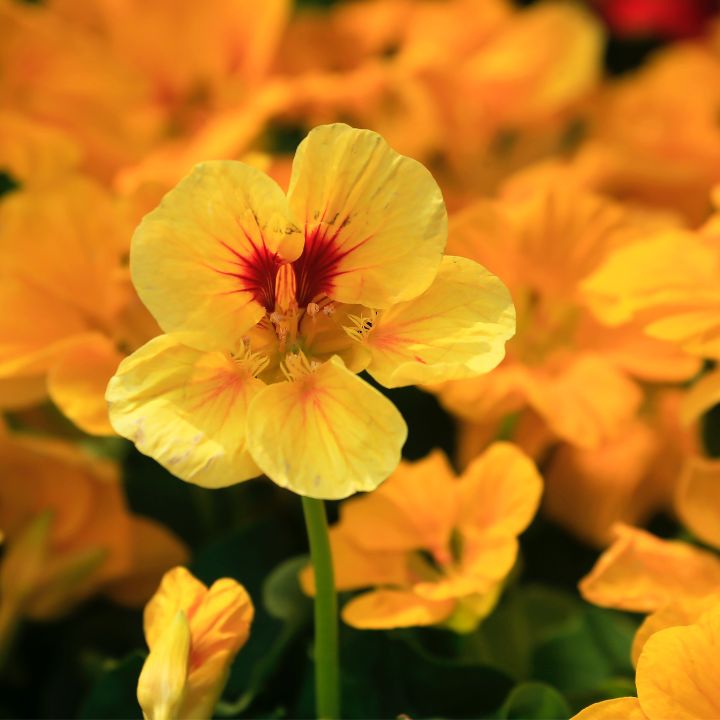

Eucalyptus
Eucalyptus is a tree that is native to Australia, but it can be grown in other parts of the world as well. The oils in eucalyptus leaves contain compounds called cineole and citronellal, which are toxic to mosquitoes, flies, and some species of beetles. Eucalyptus leaves can be used to make a natural insect repellent, or you can burn eucalyptus leaves to help repel insects.
Repels: mosquitoes, flies, and some species of beetles
Geraniums
Geraniums are beautiful flowers that can also help repel insects. They contain a chemical called citronellol, which is toxic to mosquitoes and other insects. Geraniums can be grown in pots or in your garden and come in a variety of colors. You can crush the leaves of the geranium plant and rub them on your skin to help repel insects, or you can use geranium essential oil to make your own insect repellent.
Repels: mosquitoes & other insects

While these are plants that can repel mosquitoes and insects, they may not provide 100% protection and should not be relied upon as the sole method of insect control in high-risk areas or situations. However, building a garden around windows and doors can help keep little pests outside of the house.

